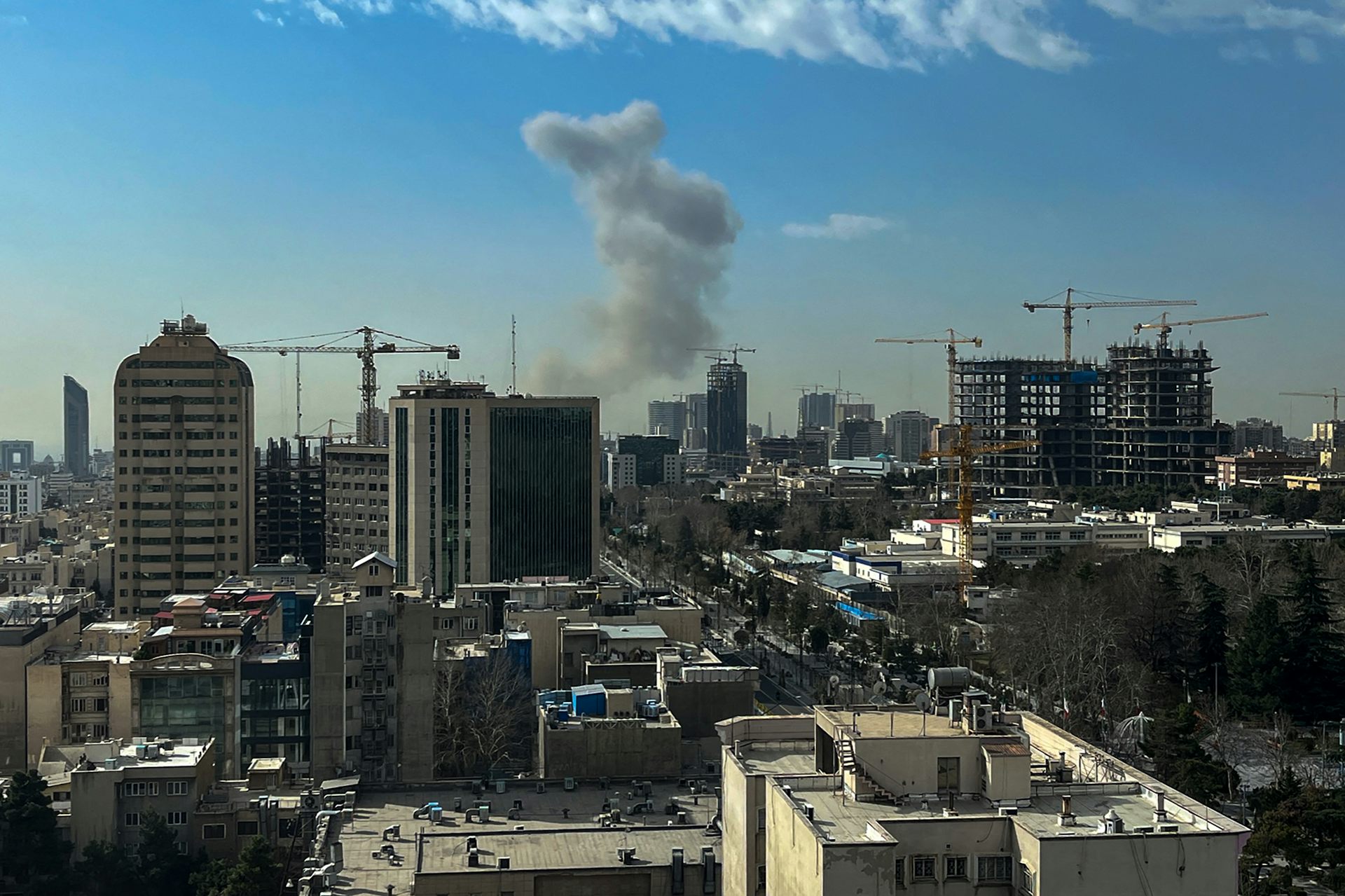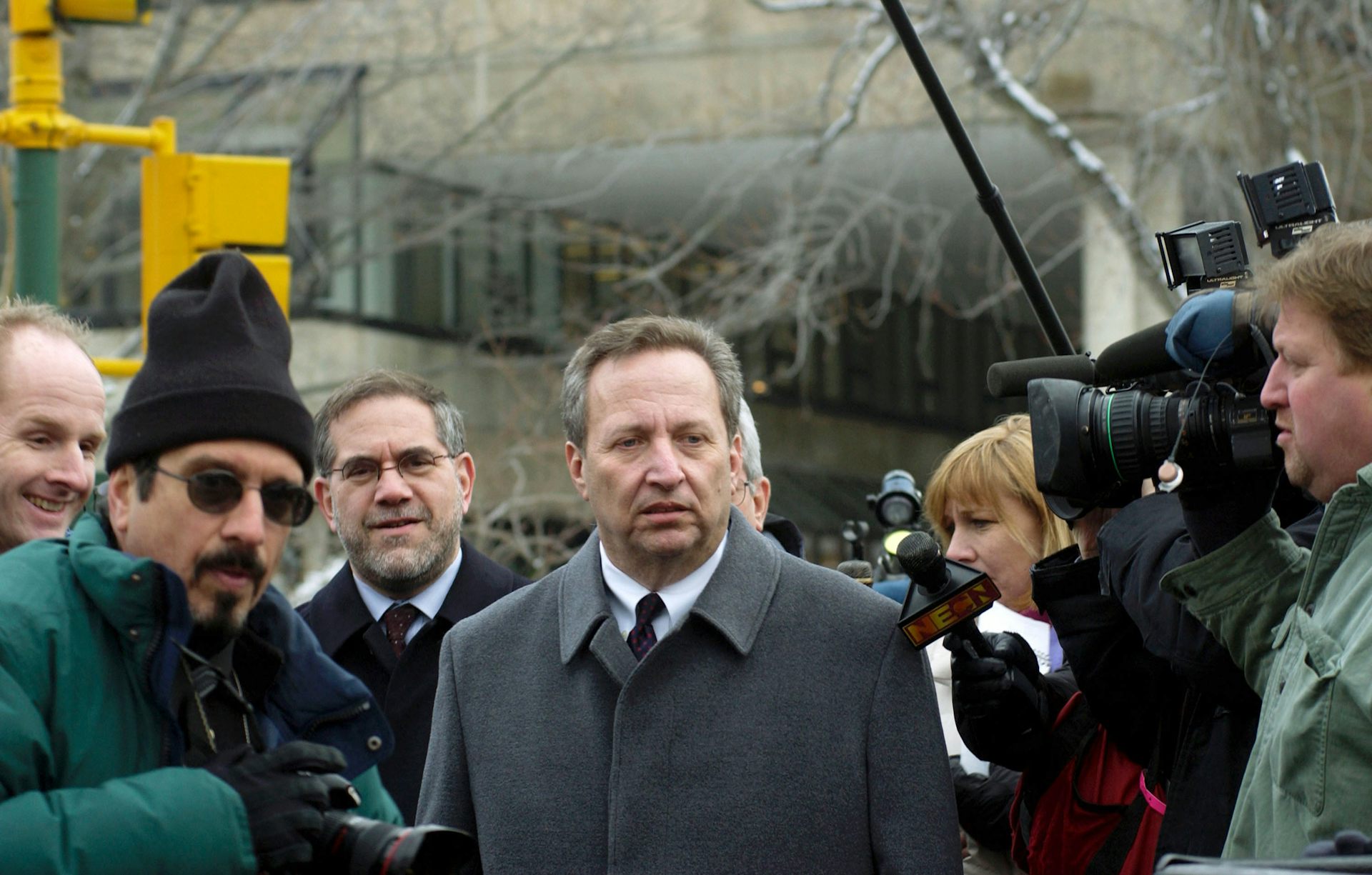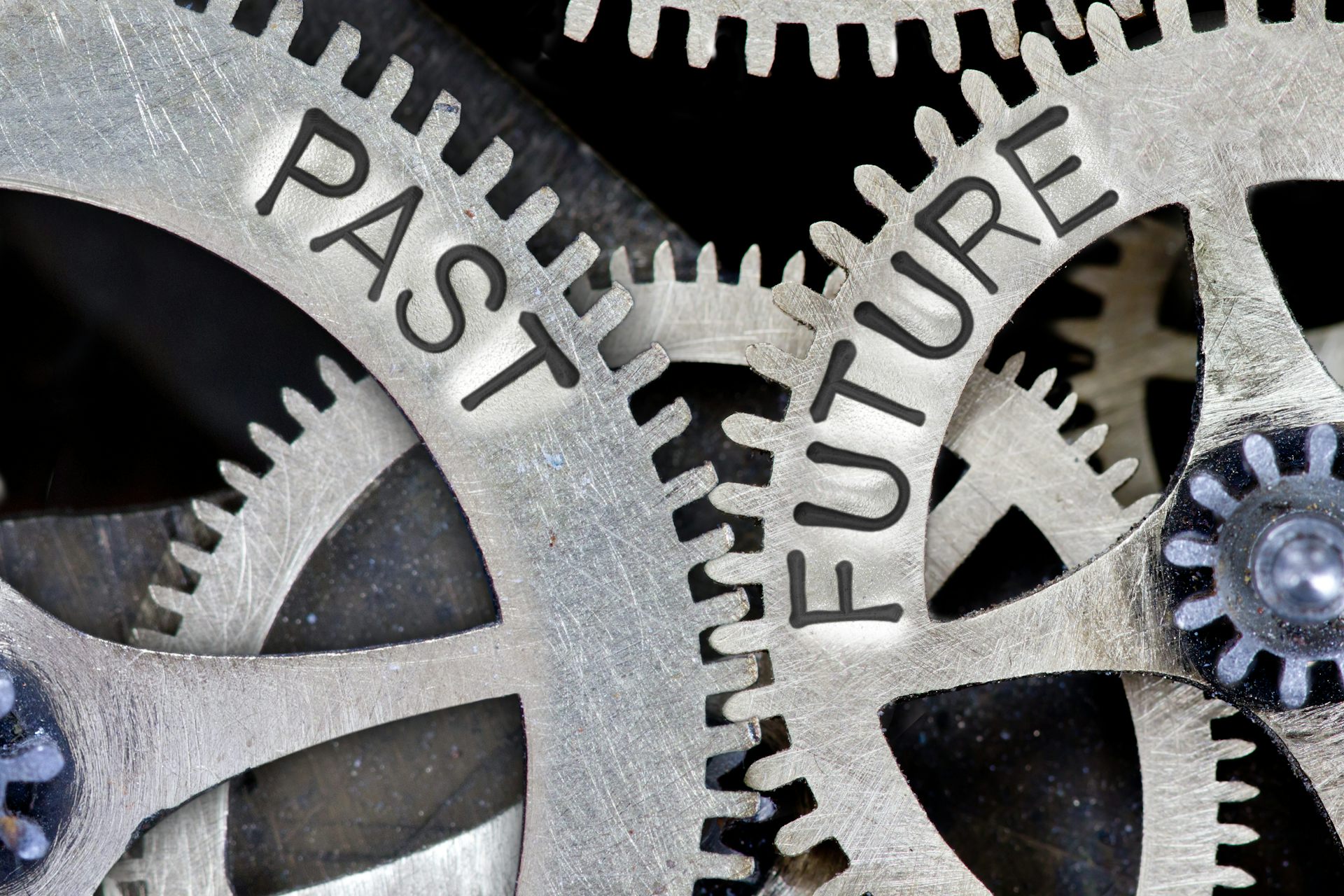CNN-Reddit saga exposes tension between the internet, anonymity and power
The national story of an anonymous Reddit user's post – and the threat to unmask him – raises important questions about the role of online communication in our society.

On July 2, President Trump tweeted a video of himself fighting Vince McMahon in a WWE match with a CNN logo superimposed over McMahon’s head.
By July 5, CNN political reporter Andrew Kaczynski had tracked down the identity of the video’s creator, a Reddit user with the handle HanAssholeSolo, who had posted an apology on Reddit. After being contacted by Kaczynski, HanAssholeSolo asked him not to publish his name, fearing public backlash.
Kaczynski’s story also contained a line some perceived as blackmail: “CNN reserves the right to publish his identity” should HanAssholeSolo publish offensive posts in the future.
As a scholar of communication technology, I saw the events of the past week as a microcosm of concerns at the forefront of online discourse: the ability for people to possess shifting identities, the way anonymity can influence how people act and the power dynamics involved.
The internet and identity
A promise – and problem – of online social interaction is the possibility of anonymous communication. In the early days of the internet, there were spaces where people could achieve complete anonymity. Newsgroups and early message boards allowed people to post with a simple user handle, and there wasn’t a way to upload identifying images like self-portraits.
However, social media introduced a new kind of internet identity – one explicitly anchored to your offline self. Some sites – most famously Facebook – began to require users to give their real names, while giving them the opportunity to upload photographs of themselves.
Today, online social spaces exist on a continuum where identity is somewhere between fixed and flexible.
In fully flexible spaces, people can act in ways that aren’t connected to their embodied selves. They also don’t have to possess a stable identity when interacting with other people on the network. Imageboard sites like 4chan and 8chan might be thought of as the ultimate flexible network: Every member is literally called “Anonymous.” A user can take one side of an argument one day, take the opposing side the next day, and no one would know it was the same person.
Social network sites like Facebook anchor the other end of the continuum – a fixed network. When people use Facebook, something called “context collapse” takes place: They feel pressured to act in ways that are coherent across multiple network segments. In other words, when posting messages, you’ll probably want to craft them in a way that fits with how you want your grandmother, your friends and your co-workers to perceive you in real life.
Because posts on a fixed network are tied to a stable offline identity, they have real-world consequences. Relatives may express displeasure or support about a political opinion that’s been posted, while employers have fired people for opinions posted on fixed networks.
The threat of exposure
Reddit exists toward the flexible end of the continuum. Redditors can have a stable identity through a user name, but they can also choose to use multiple accounts.
People can then use these flexible networks for good and for ill. They can safely express minority views and build social support networks without fear of oppression or persecution. But flexible networks can also foster derogatory, objectifying and discriminatory messages. Many posters might not want these message connected to their offline identities. Thus they find the threat of being doxed – or outed – highly concerning.
HanAssholeSolo isn’t the first Reddit user to be doxed by a media source. In 2012, Gawker reporter Adrian Chen went a step further and published the name of Violentacrez, the moderator of subreddits such as r/jailbait and r/picsofdeadkids. After a CNN interview, Violentacrez was banned from Reddit and lost his job.
Perhaps HansAssholeSolo had Violentacrez’s experience in mind when he posted an extensive apology. He discovered – like Violentacrez did five years ago – that flexible spaces are flexible only until someone has the power to tie anonymous messages to the poster’s fixed self.
Power and privacy
Because flexible online spaces allow citizens to engage in political satire, organize movements and protest, they can be seen as a form of empowerment.
To dox someone – to tie the messages posted in flexible spaces to fixed identities – is to take away this power. Online vigilante networks, like the dueling factions of Gamergate, know this well.
In this case, however, CNN reporter Andrew Kaczynski seemed surprised by the public’s reaction.
Just days earlier, CNN received public sympathy for being metaphorically punched by the president. Now the network incurred wrath for tracking down the video’s creator.
America is generally in favor of punching up – not down. Trump’s tweet was a form of punching down: He was using the bully pulpit of the nation’s highest office to go after a media outlet. But in finding the video’s creator, the corporate media conglomerate was viewed as punching down by going after an average citizen who created satirical video.
Political, corporate and media power are complex and intertwined in America. CNN’s reserving the right to publish HanAssholeSolo’s identity – if not a direct threat to HanAssholeSolo – is an implicit threat for those engaging in online political discourse.
The threat is that political or satirical messages will have consequences. They may not mean going to jail, but repercussions like losing one’s job can be devastating.
Moving forward
“I was trolling and posting things to get a reaction from the subs on reddit and never meant any of the hateful things I said in those posts,” HanAssholeSolo wrote in his apology.
The saga of HanAssholeSolo raises important questions about the role of online communication in our civic and political discourse. Do we protect anonymous speech, no matter the topic? Should we regulate online speech? Can we determine the differences between hate, “trolling” and satire? Is “just kidding” an acceptable defense for hateful speech?
Some argue the answer is to make all internet spaces fixed networks through “real name” policies. Yet such policies ignore that fixed online spaces have a host of problems and can lead to “identity compression,” which is what happens when people repress facets of their self in order to meet the expectations of their network.
The emerging answers will require more nuance. Like all communication norms, they will gradually crystallize through the creation of social norms, market forces and regulations.
But as HanAssholeSolo could probably tell you, we have a ways to go.
Bree McEwan does not work for, consult, own shares in or receive funding from any company or organization that would benefit from this article, and has disclosed no relevant affiliations beyond the academic appointment above.
Read These Next
Iran will respond to US-Israeli strikes as existential threats to the regime – because they are
The latest attack on Iran goes far beyond previous operations by Israel and the US in both scale and…
Cuba’s speedboat shootout recalls long history of exile groups engaged in covert ops aimed at regime
From the 1960s onward, dissident Cubans in exile have sought to undermine the government in Havana −…
Former Harvard president Summers’ soft landing after Epstein revelations is case study of economics’
Despite repeated calls for the university to revoke his tenure, the economist held onto his teaching…





